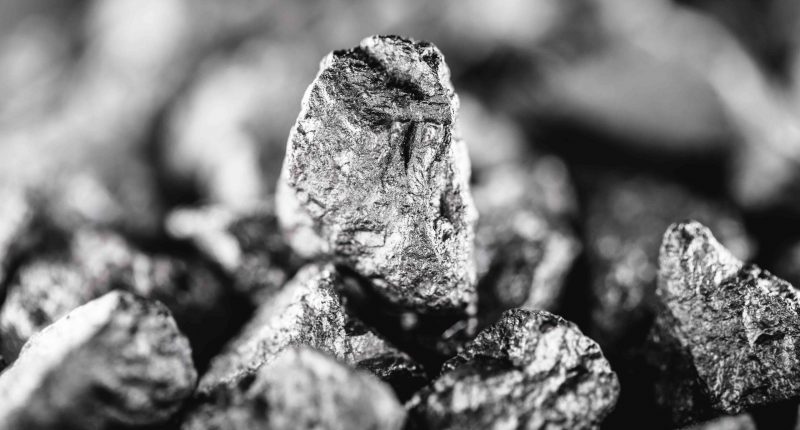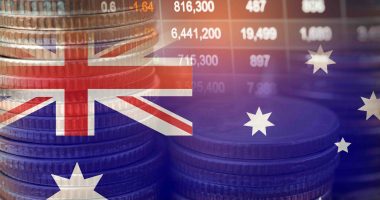Earlier this month, China banned exports of antimony – and in a familiar trend for western world markets, that’s now given investors and day traders the impetus to find companies able to supply the mineral. But what is it?
Antimony is classed as a semi-metal and appears as a brittle and silver-white solid found in the earth’s crust. Not like that tells you much.
More to the point of why antimony matters, Geoscience Australia notes antimony comes in among the top of the list of Australia’s desired critical minerals; this is also true for other Western nations. Southern Cross Gold (ASX:SXG) has written elsewhere “antimony is the second most important metallic commodity in Victoria after gold.”
Antimony is often found in association with gold and silver-lead-zinc deposits. Its abundance in earth’s crust is ten times higher than silver.
The mineral is most often used in producing flame retardant chemicals, towards which a third of global supply is thought to end up as antimony trioxide (Sb2O3). It is also used in alloys for things such as ball bearings, and it’s also used to make microchips.
Probably no surprise in the early-mid 2020’s: it’s also used in battery tech.
Australia’s got it – but grades a hurdle
The problem for Australia – at present – is that of the more than 20 deposits known to contain Antimony (per Geoscience Australia,) most of those grades are subeconomic. Currently, the Costerfield gold deposit in Victoria produces it.
But there’s another use for antimony which has landed it on the radar – and which has some worried by China’s effective ‘export ban.’ (Note that China’s market share in the antimony market is gradually slipping; without doubt informing its move to restrict exports.)
But when it comes to that other industry: the answer is defence.
The United States International Trade Commission (USITC) wrote in 2021 of antimony’s often overlooked role in military applications – it’s used in everything from night vision goggles, to explosives, to infrared sensors, and even nuclear weapons. (Back in WW2, it was used to harden lead bullets.)
Further, the US-based Center for Strategic and International Studies (CSIS) has also declared China’s export restrictions on antimony as likely to have an impact on US national security.
What ASX companies are in the space?
So, there’s the major catalyst pushing up interest in antimony – a mineral which it’s fair to say sits on the more ‘obscure’ end of mainstream and well-known metals.
But really driving excitement – and interest – in the metal is what some of the ASX juniors have been able to turn around in the last two weeks.
Larvotto Resources (ASX:LRV)
Larvotto has recently geared up to get a drill rig on-site its project to test for what its geotechs believe is high-grade antimony, and it’s also recently geared up to launch a pre-feas study into its antimony project.
The interest in the stock is palpable. One month gains are up +217.4%.
Siren Gold (ASX:SNG)
Siren Gold is a company exposed to antimony that appears to have been missed by some of the crowd pushing up the price of other juniors. Loaded with landholdings containing stibnite – which, if you wanted proof it’s associated with antimony, is sometimes called antimonite. Siren describes gold as its flagship focus, but with antimony prices rising, the company stands poised to boast dual mineral potential.

Southern Cross Gold (ASX:SXG)
Southern Cross hasn’t posted the same kind of gains that Larvotto has achieved – given the company’s thicker trades and higher share price – but the company has been on the radar given its Sunday Creek Gold-Antimony Project in VIC.
All the same, one month gains are up +37.1%.
Techgen Metals (ASX:TG1)
Techgen Metals is a junior explorer exposed to antimony, but, investors could have missed out on the first run. As of 1.30pm AEST on Wednesday 28 August, TG1’s share price was down -18% as an earlier-struck bull run pared off.
That hasn’t been enough to put it in the red: one month gains are up +20.6%.
Nagambie Resources (ASX:NAG)
Nagambie Resources was onto the antimony trend early. It first flagged a doubling of antimony prices on world markets back in late July. The company is exploring for gold-antimony systems on-site the 1990’s era Nagambie mines in VIC, Australia – where a lot of the action is.
Nagambie’s thin trades and low price have pushed its one month gains up +275%.
Sun Silver (ASX:SS1)
Sun Silver is another company that by virtue of its interest in silver has found itself exposed to antimony at a time when supply looks to shorten. The silver miner – boasting USA’s largest pre-production silver resource – has also become a beneficiary of renewed interest in the more obscure metal.
Sun Silver’s one month gains aren’t entirely down to antimony, but it’s helping. Its 1mth returns sit at +35.7%.









